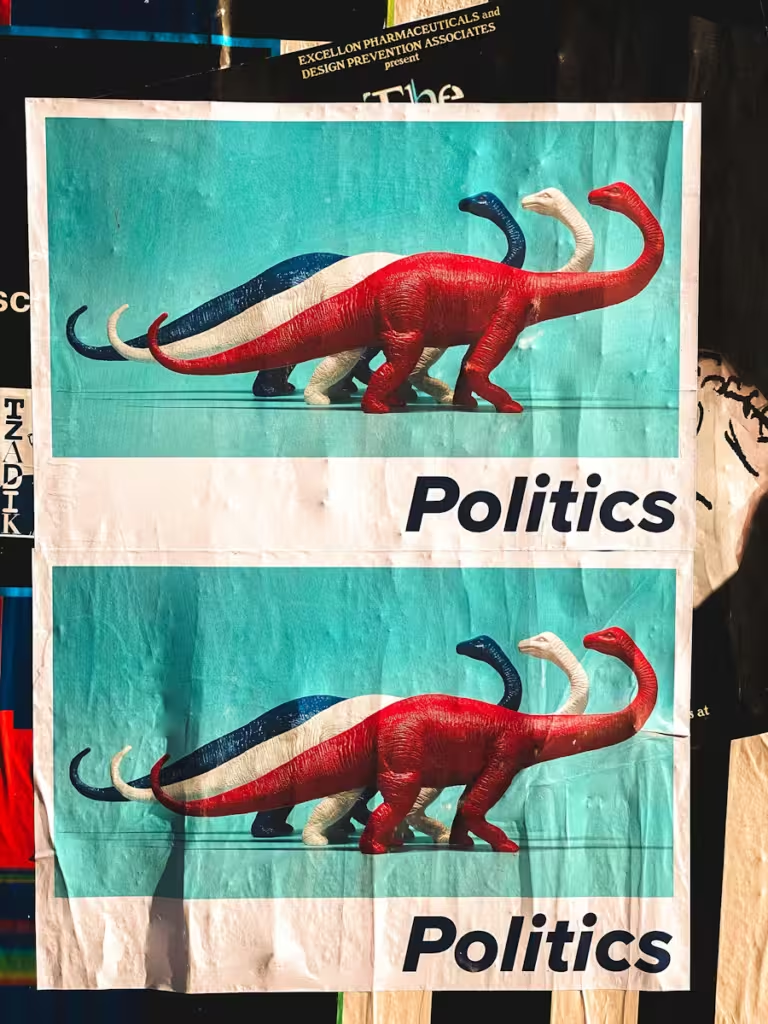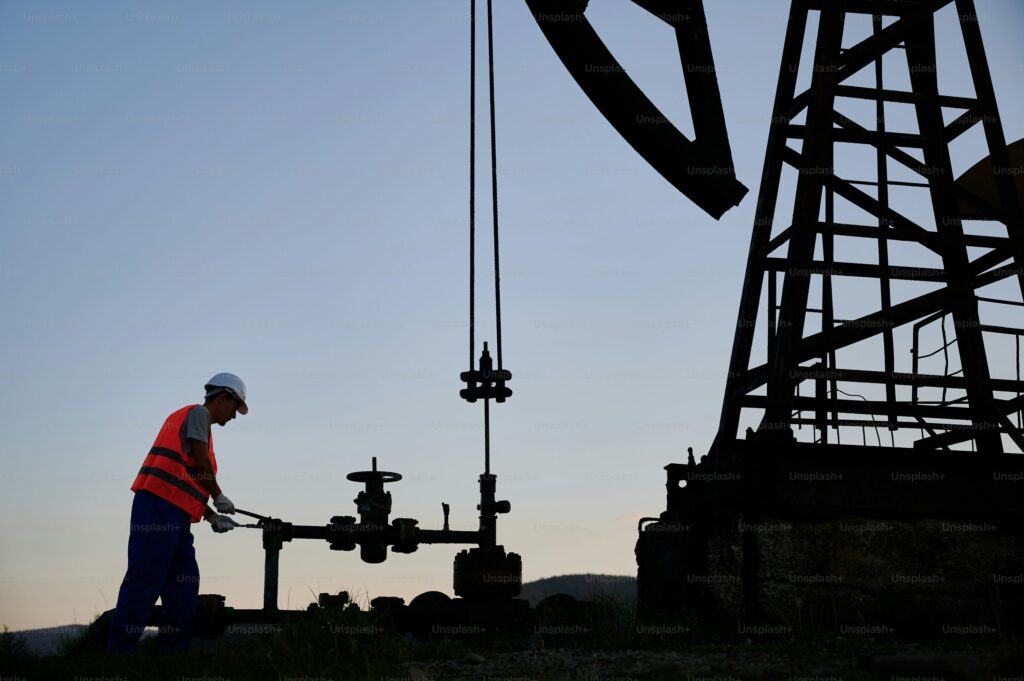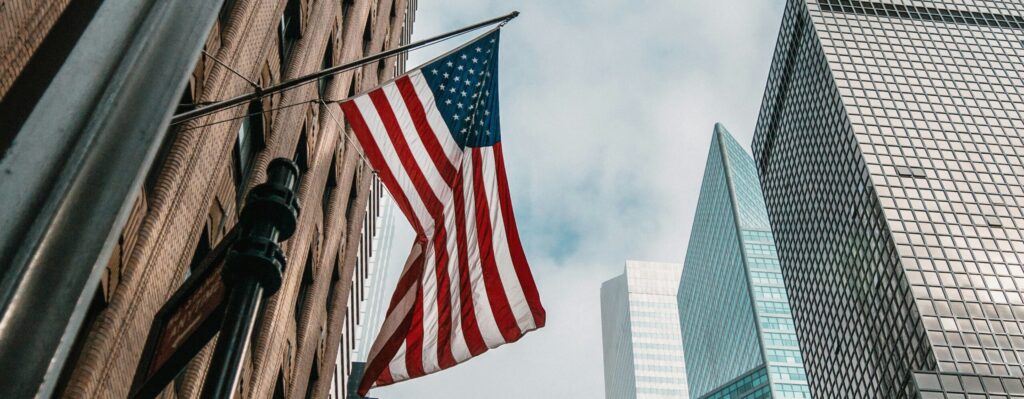A number of people have made the in our view frankly obvious point that unless and until the world stops using fossil fuels, it’s a lot more sensible to use Canadian ones. And for some reason it does need to be made, and repeated. Thus entrepreneur Michael Binnion disparages “statements that defy logic” from our “governing classes” of all parties about how we should have pushed even harder on alternative energy, while columnist Jesse Klein hopes that “U.S. President Joe Biden is learning a hard lesson about the geopolitics of energy and what it means for America and its allies to be reliant on oil and gas produced by unsavoury regimes.” The Canadian government has also recently admitted that we have essentially no military capacity and should probably do something. But as Binnion’s pointed comment underlines, neither Biden nor Canada’s ruling elite are exactly quick learners.
Biden certainly seems slow on the uptake. As retired executive Gwyn Morgan just wrote in C2C Journal, “The disparate list of countries controlling world oil supply may soon include Iran if, as news reports suggest, U.S. President Joe Biden is naïve enough to remove oil export sanctions in return for the Ayatollah’s “pledge” to suspend uranium enrichment for nuclear weapons development. That would leave world oil supply security in the hands of countries that subjugate women, a country led by a murderous psychopath and a country developing a nuclear bomb with the avowed objective of annihilating Israel… Meanwhile Canada, with the world’s third-largest oil reserves and the potential to produce far more than its current approximately 4 million barrels per day, is sacrificing hundreds of billions of dollars per year in revenues and new capital investment, along with tens of thousands of well-paying jobs, on the Net Zero altar with policies that discourage new production and all-but rule out building new oil export pipelines.”
Morgan thinks the rising price of gas may get Canadians’ attention for domestic reasons. As he rightly observes, with gas hitting $2 per litre in places, it costs about $150 to fill “the family minivan or crossover utility vehicle”. And it’s hard to understand why our leaders would need to be reminded of this point but they do, “Given the sprawling nature of Canadian cities, commuting to work, running a few errands and getting the kids to and from school generally takes at least one fill-up per week. That amounts to more than $600 per month for one family vehicle. And people who commute downtown from bedroom communities or tradespeople operating a full-sized truck have it far worse.” But they have no choice about using gas. So “At this time, when Russian President Putin threatens to cut oil exports, the importance of unleashing Canada’s enormous crude oil (as well as natural gas) resources has never been clearer.”
Well, clearer to some people. Alas, Morgan continues, “While visiting Latvia on March 8, a reporter asked Prime Minister Justin Trudeau if Canada could help make up the oil supply shortage. His answer illustrated the fanatical depth of his worship at the Net Zero altar: ‘We will be there to support, as the world moves beyond Russian oil and indeed, beyond fossil fuels, to have more renewables in our mix.’”
It’s not just him. And Kline’s piece is particularly depressing on the predictable result. “To summarize,” he writes of the Americans’ current ugly polylemma, “in order to punish its longtime enemy, which it tried to be friends with, but is now quite sure is an enemy again (Russia), the U.S. turned to a friend that should be an enemy (Saudi Arabia), which won’t talk to the Americans because they’re helping a common enemy (Iran), while negotiating with another enemy (Venezuela), even though it’s friends with the enemy that started this whole crisis (Putin).” And yes, he sighs, “Lost in all this salacious courting of dictators and autocrats is much talk about the role Canada could play in contributing to the West’s energy security – largely because we no longer have the ability to do so.”
It actually may not be as bad as he thinks. Kline is right that “experts seem to agree that our contribution will be marginal at best, because our energy industry has been starved of investment for years.” But when experts say, at CDN we raise eyebrows. For instance it is true that the Canadian government routinely takes two decades or more to fail to replace outdated military equipment, and in the infamous case of sidearms we are still giving soldiers World War II pistols. But it is also true that having started both World Wars essentially armed with sticks, we developed massive and highly capable military capacity in a couple of years.
It won’t help Ukraine. But if we really decided to open up our energy industry, if we removed all existing restrictions designed not to protect against real pollution or uphold labour standards but to drive fossil fuels into extinction, and if we somehow really convinced investors we meant it this time, we could do something similar on energy.
Yes, yes, it takes huge and complex capital investments. We get it. But we’re not in the position of the people building Salisbury Cathedral with ropes, pulleys and hand chisels (thanks partly to the enterprise and genius of Elias of Dereham, it was completed in 38 years regardless). We have amazing technology at our disposal from computer-assisted design to massive construction machines. We could turn this situation around in two or three years. Literally.
For all its bleakness, Kline’s piece does insist that “It is, of course, never too late to start turning things around. Even if Canada cannot be part of the solution to the current crisis — though for all we know, the West could have reason to impose crippling sanctions on Russia for years to come — we could help free the democratic world from being at the mercy of tyrants and despots for its energy needs.”
True. But the problem, as you have doubtless already raised your hand to point out, is the business about convincing investors we meant it. Even removing restrictions would be difficult; Canadian governments are so cumbersome that something as simple as removing counterproductive laws and regulations defies their capacities. As Kline warns, “The tragedy is that if governments — including the Biden administration, which nixed the Keystone XL pipeline on Day 1 — had simply gotten out of the way and allowed decisions over pipelines and other infrastructure projects to be made by private businesses and landowners, including First Nations, Canada would have a much greater ability to produce and export its natural resources, at little to no cost to the treasury.”
We still could. But the big issue is that everybody who’s anybody has been saying for years that fossil fuels are going to set the planet on fire, in fact they have already done so, and we are now in the final 10 years before everything catches fire. How do we walk it back?
For starters, is there one single contender for the Canadian federal Conservative leadership willing to question the notion of a “climate emergency”, or quote mainstream science on the lack of evidence for increasing trends in extreme weather? Is there one provincial premier? As Binnion recently discovered to his dismay, the Quebec government and premier François Legault really think it’s OK to use fossil fuels provided you don’t produce them, and regard property rights as a trivial annoyance in their quest to make Russia, Saudi Arabia and Venezuela global giants.
Thus phrased, of course, it sounds absurd. It reads like parody. They could not, surely, be so stupid, malevolent or both. But they could. As Morgan observes acidly, “President Putin should be grateful to Trudeau for helping him control world oil markets by hamstringing Canada’s “energy superpower” potential. Let’s be crystal-clear: the Liberal government’s policies are driving us towards a horrific combination of impoverishment and energy insecurity.” And Kline’s piece reminds us that American, Canadian and other Western leaders walked bang into this situation slowly and deliberately over decades, under politicians of all sorts of partisan stripe, cheered on by virtually all newspaper columnists including the ones whose ostensible title is “reporter”. It didn’t lead us somewhere surprising. It led us somewhere predictable.
So we’re not the sort of people to learn hard lessons easily or quickly. Still, it’s not too late to turn things around on the ground, if we can turn them around in our minds.



As Mr. Harper suggested when he was PM, Canada has the ability to become an energy super power with the 3rd largest oil reserves on the planet. Unfortunately, he was deterred or lost interest in taking the regulatory steps needed to vastly increase investment in the oil and gas sector. Had he done so, then Canada would have contributed a great deal to energy security of the West that could have deterred Russia from its plans to take over Ukraine. On the other hand, PM Trudeau has made it clear that he and his climate alarmist acolytes are determined to wean Canada off fossil fuels by making it almost impossible to build any more pipelines or to invest in more oil and gas production. The recent announcement of a shotgun marriage between the NDP and the Liberals will make it even more difficult to expand the sector even though the current strategic situation with Russia and China makes this an imperative.
I must have been dreaming about a tour Donald Trump did a few years ago, where he tried to get NATO countries to live up to their 2% of GPD spending commitments on the military, and then chastised Germany's Angela Merkle for shifting a substantial proportion of the country's energy supply from its own nuclear generators to Putin's natural gas. I have this image blazed in my brain of Trump sitting grumpily at the table while all the other G7 leaders surrounded him with arms crossed and disapproving looks. It couldn't possibly be true that Trump was right on both counts: increasing military capabilities and decreasing energy dependence on despots. Because we know a priori that Trump was wrong about everything.
“War is the health of the State. It automatically sets in motion throughout society these irresistible forces for uniformity, for passionate cooperation with the government in coercing into obedience the minority groups and individuals which lack the larger herd sense.” When Randolph Bourne wrote that, I wonder if he could have anticipated anything as nihilistic as a war on prosperity (net zero). In today's Canada, a shooting war could not last against a real enemy more than a few days so our "leaders" prosecute a war against Canada's most dynamic and naturally competitive industry conveniently located away from the most populated statist-voting blocks. The Eloi vote for it and the elected sociopaths work toward it along with depleting future treasuries as fast as possible and the only likely cold water on the face that could reverse the trend is the sobering consequences of $150 oil in the not too distant future along with the resulting skyrocketing prices of the 60% or so of all manufactured goods and food dependent on that commodity.
Central Canada doesn’t want the oil/gas export sector to succeed. That would drive the CAD dollar higher hobbling their manufacturing sector. It’s the game the constitution was set up for; to keep the west in their place as second class citizens.
Over the many years I have studied politics, I have become ever more convinced that government is the last place to look for sensibility, let alone effectiveness. And when people evincing the religious-like zealotry of climate alarmism are in charge, logic becomes a quaint notion of the past and insanity ensues. Nor is this anything new. Sacrifice thousands to the gods to make it rain! Burn witches who caused crops to wither! Destroy the unparalleled prosperity of our times for the sake of 0.8C!
One must look on the bright side. When the rest of the world runs out of coal, oil, uranium and natural gas about 1,000 years from now, Canada will be able to keep itself warm - if Canada still exists, of course; the wars "caused by lack of water" will long since have become wars "caused by lack of energy" and Canada will have succumbed to those nations that have the means to beat plowshares into swords.